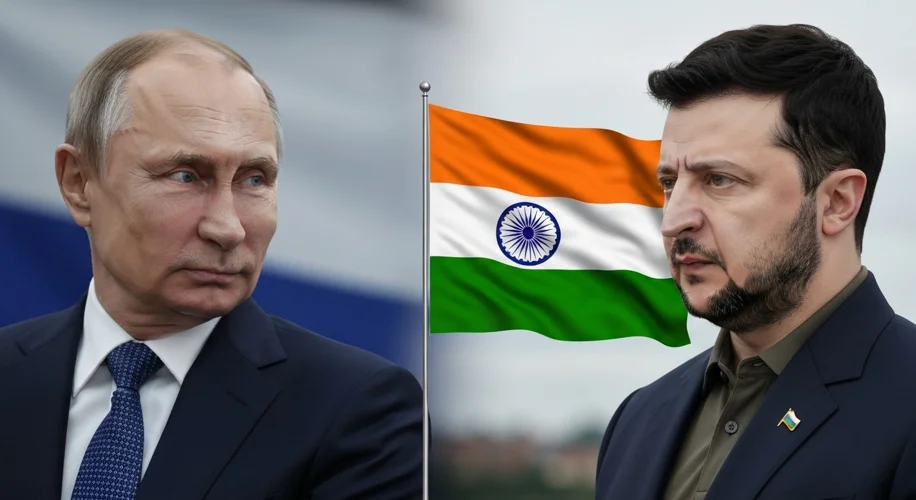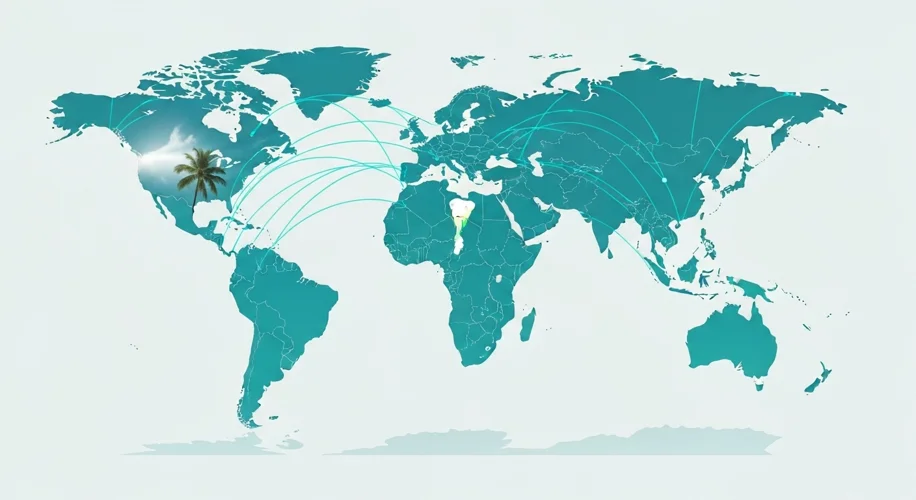In the intricate dance of global diplomacy, India, under the leadership of Prime Minister Narendra Modi, has consistently navigated complex international relations with a unique brand of strategic autonomy. This approach, deeply rooted in India’s historical non-alignment and its pragmatic pursuit of national interest, has been starkly evident in its delicate balancing act concerning the ongoing conflict in Ukraine.
India’s historical foreign policy has been shaped by its experiences during the Cold War, where it sought to chart an independent course, refusing to align with either the Western or Soviet blocs. This legacy of non-alignment, now evolved into strategic autonomy, means India prioritizes its own security and economic interests above ideological alignments. It believes in maintaining relationships with all major global powers, allowing it flexibility in decision-making. This is not about fence-sitting, but about a calculated strategy to maximize its own leverage and opportunities.

The Ukraine crisis, which began with Russia’s full-scale invasion in February 2022, presented India with a significant diplomatic challenge. On one hand, India shares a long-standing strategic partnership with Russia, which includes substantial defense and economic ties. Russia has historically been India’s primary supplier of military hardware, and this relationship remains crucial for India’s defense preparedness. On the other hand, India has been strengthening its ties with the United States and other Western nations, particularly in the Indo-Pacific region, to counter China’s growing influence.
Prime Minister Modi’s engagement with both sides of the conflict reflects this nuanced approach. His conversations with Ukrainian President Volodymyr Zelenskyy, particularly the telephonic discussions, have been significant. During these exchanges, Modi has expressed deep concern over the humanitarian crisis, emphasized the importance of dialogue and diplomacy, and reiterated India’s readiness to contribute to peace efforts. He has consistently called for an immediate cessation of hostilities and a return to the path of diplomacy and dialogue.
In September 2022, at the Shanghai Cooperation Organisation (SCO) summit in Samarkand, Modi directly addressed Russian President Vladimir Putin, stating, “Today’s era is not of war.” This statement, made in the presence of Putin, was a clear and unambiguous message from India on the unacceptability of armed conflict. It signaled a shift in public posturing, demonstrating that while India maintained its strategic relationship with Russia, it was not endorsing the war itself.
India’s stance on the conflict has also been evident in its voting patterns at the United Nations. While abstaining on key resolutions condemning Russia, India has consistently voted in favor of resolutions calling for respect for the UN Charter, sovereignty, and territorial integrity, and for humanitarian assistance. This allows India to maintain its historical ties with Russia while also signaling its commitment to international law and principles.

Furthermore, India has continued to engage with Ukraine on humanitarian grounds, sending medical supplies and other aid. India’s consistent call for a peaceful resolution, respecting the principles of the UN Charter, underscores its belief in a multipolar world order where dialogue and diplomacy prevail over aggression.
Modi’s vision for Ukraine’s future, as expressed in his discussions, centers on a return to normalcy, reconstruction, and ensuring the well-being of the Ukrainian people. He has conveyed that India stands ready to support any peace initiative that respects international law and the principles of the UN Charter. This commitment to supporting Ukraine’s future, while not alienating Russia, is the hallmark of India’s strategic balancing act.
Analyzing India’s position reveals a strategic calculation. It recognizes that severing ties with Russia would not only disrupt its defense supply chain but also potentially push Russia further into the embrace of China, a move that would be detrimental to India’s own regional security interests. Simultaneously, alienating the West, particularly the US, would jeopardize India’s economic growth and its strategic partnerships aimed at balancing China.
India’s approach to the Ukraine conflict is not merely reactive but a proactive demonstration of its evolving foreign policy. It is a testament to its ability to pursue its national interests while upholding its commitment to peace and stability. By engaging with all parties, advocating for dialogue, and abstaining from taking sides, India is not just managing a crisis; it is actively shaping its role as a responsible global power, a bridge-builder in a fractured world, and a proponent of a multipolar international order. This delicate balancing act, a true test of strategic autonomy, highlights India’s growing influence and its unique diplomatic prowess on the world stage.

